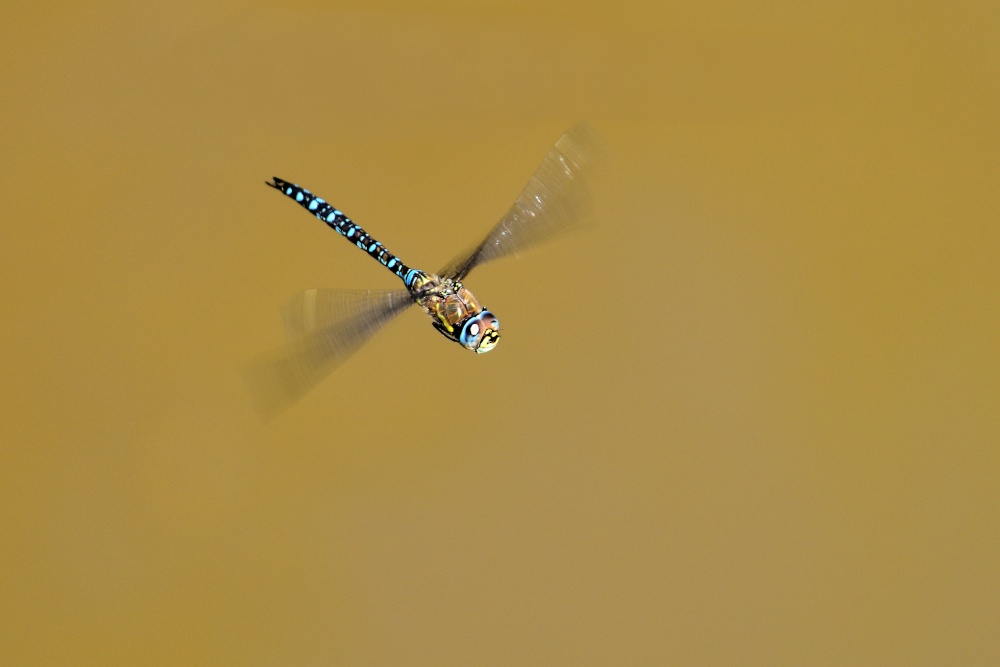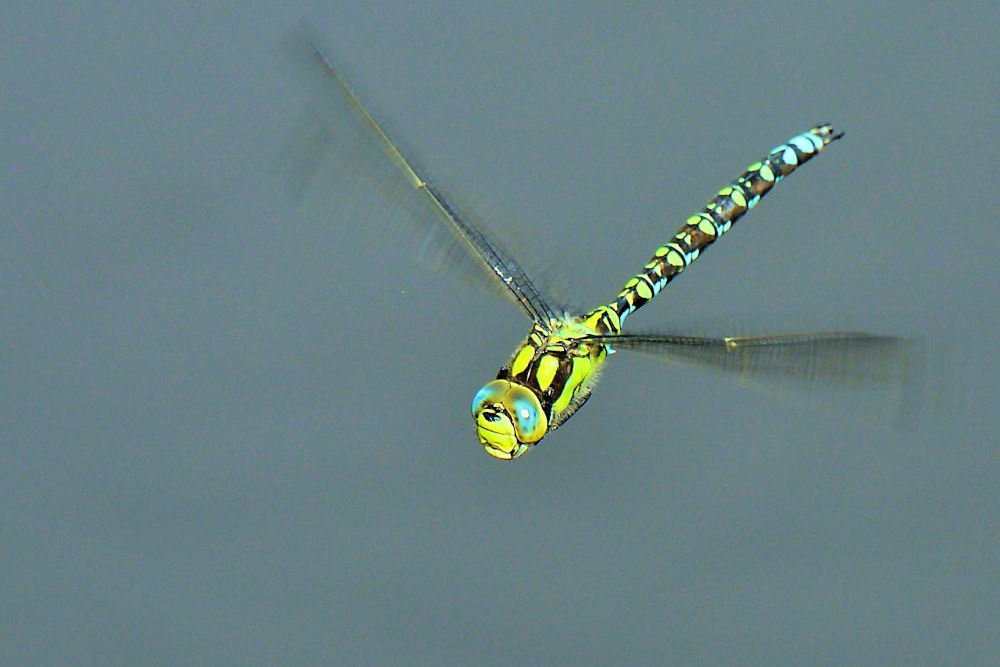Please login or click here to join.
Forgot Password? Click Here to reset pasword
 |
Brimstone Butterfly (Gonepterix Rhamni) Male at Thursley Common Brimstone is the old name for Sulphur and this so named butterfly is the largest of Britain's yellow species, with a wingspan of 65 to 75mm. This specimen was seen at Thursley Common, but they are common and widespread. This picture appears in the following picture tours: |
 |
Silver-studded Blue (Plebejus Argus) Male on Sorrel at Thursley Common This tiny blue species has been the cause of much controversy over the years, due to huge variations in both its colouration and its habitat. The differences can be so great that experts have argued over whether some belong to sub-species or all are one species. One factor helpful in finding Silver-studded blues is that they usually favour feeding on Sorrel. so knowing the whereabout of such plants can direct you to them. This picture appears in the following picture tours: |
 |
Small Tortoiseshell (Aglais Urticae) at Thursley Common The Small Tortoiseshell is one of the most common and widespread butterflies in the UK, occurring from England's south coast to Shetland and Orkney. This picture appears in the following picture tours: |
 |
Migrant Hawker The Migrant Hawker is a late season dragonfly, mostly active in September and is so named because they were once a non-resident of the UK, migrating here from Europe in occasional warm summers. When they mated and laid eggs here, the colony would usually last only a few years and would then die off, probably due to our cold winters, but now global warming has enabled them to breed here and continue successfully. This picture appears in the following picture tours: Camera Make: NIKON CORPORATION� Model: NIKON D810� |
 |
Broad-bodied Chaser (Libellula Depressa) Male Chasers are very common, medium sized dragonflies and the Broad-bodied species is exactly what the name suggests. As with birds, the majority of male dragonflies are more colourful than the females, this one being mostly dull brown where the male has this vibrant bright blue. This picture appears in the following picture tours: Camera Make: NIKON CORPORATION� Model: NIKON D300S� |
 |
4 Spotted Chaser (Libellula Quadrimaculata, Praenubila) Female The regular form of 4 Spotted Chaser dragonfly has, as its name suggests, 4 wing spots, in the middle of the leading edge of each wing. The marks at the outer leading edge of each wing ate known as Stigmata and almost all dragonflies have them. In this Praenubila form however, the spots and Stigmata are enlarged into smudges of dark colour. Its not uncommon, just a variant that is seen from time to time. This picture appears in the following picture tours: |
 |
Downy Emerald (Cordulia Aenea) Newly Emerged at Thursley We can tell that this Emerald dragonfly has emerged from its underwater life within the last hour because its wings are closed and also because it is remaining more or less motionless. When dragonflies emerge from underwater they first have to pump up their body and wings with a fluid in a special gland and when this process is complete, the wings will pop out into the familiar horizontal position. Then it needs to rest a while and also to dry out, before finally taking its first flight. This picture appears in the following picture tours: Camera Make: NIKON CORPORATION� Model: NIKON D300S� |
 |
Southern Hawker (Aeshna Cyenea) in Flight at Thursley Common Dragonflies are notoriously difficult to photograph in flight, as they are so fast and agile, but of the larger types, the Southern Hawker is relatively easier. This is first of all because they are very curious and will fly and hover around anyone who visits their patch. After checking you out they will go about their business of seeking food and mates, when they will also hover momentarily, giving the possibility of a shot such as this one. This picture appears in the following picture tours: Camera Make: NIKON CORPORATION� Model: NIKON D300S� |